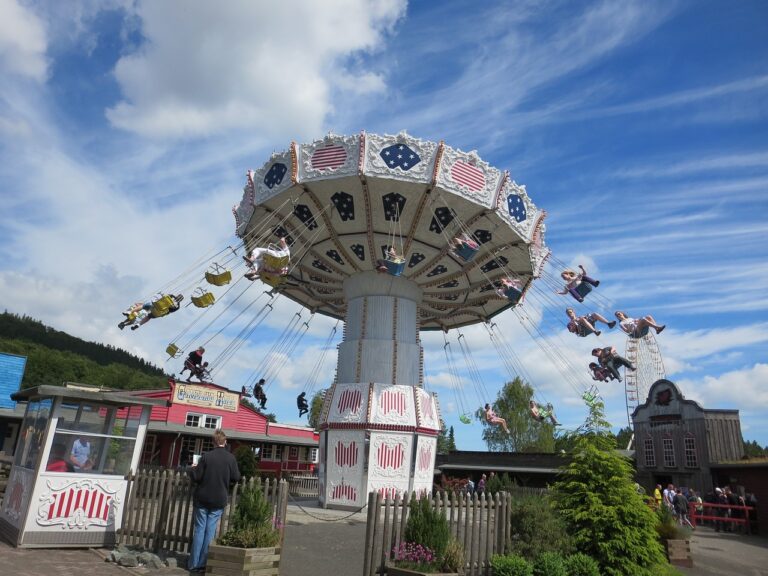Analyzing the Influence of Critical Theory on Immersive Theater: Gold bet, Tiger exch login, Betbook250
gold bet, tiger exch login, betbook250: Analyzing the Influence of Critical Theory on Immersive Theater
Immersive theater has been steadily gaining popularity in recent years, offering audiences a unique and engaging experience that goes beyond traditional forms of performance. One of the key influences on immersive theater is critical theory, a philosophical approach that examines the underlying assumptions and power dynamics in society. In this article, we will explore how critical theory has shaped and influenced immersive theater, and the ways in which it has enriched the theatrical experience for both creators and audiences.
The Intersection of Critical Theory and Immersive Theater
At its core, critical theory seeks to question and challenge existing power structures and societal norms. This ethos aligns closely with the goals of immersive theater, which aims to break down the barriers between performers and audience members, creating a more interactive and inclusive experience. By pushing boundaries and questioning established norms, immersive theater challenges audiences to think critically about the world around them.
Breaking Down Hierarchies
One of the key tenets of critical theory is the examination of power dynamics and hierarchies within society. Immersive theater often seeks to break down these hierarchies by creating a more egalitarian space where audience members are actively involved in the performance. By blurring the lines between performer and spectator, immersive theater challenges traditional notions of authority and control, encouraging a more collaborative and democratic experience.
Exploring Social Justice Issues
Critical theory also places a strong emphasis on social justice and equality. Immersive theater has been used as a platform to explore and address a wide range of social issues, from race and gender to class and sexuality. By immersing audiences in these complex and often uncomfortable narratives, immersive theater can provoke thought and dialogue around important social justice issues, helping to raise awareness and promote change.
Challenging Audience Perspectives
Immersive theater has the unique ability to challenge audience perspectives and encourage critical thinking. By placing audience members in the midst of the action, immersive theater forces them to confront their own biases and assumptions, prompting them to question their beliefs and attitudes. This can lead to a more profound and transformative experience for audiences, as they are pushed out of their comfort zones and into a more reflective and introspective state.
Fostering Empathy and Connection
Another key influence of critical theory on immersive theater is the emphasis on empathy and connection. By creating intimate and immersive environments, immersive theater allows audiences to forge deeper connections with the performers and each other, fostering a sense of empathy and understanding. This can lead to greater compassion and solidarity among audience members, as they come together to experience and process the performance.
FAQs
1. What is critical theory?
Critical theory is a philosophical approach that examines the underlying assumptions and power dynamics in society, with a focus on challenging existing hierarchies and fostering social justice.
2. How does critical theory influence immersive theater?
Critical theory shapes immersive theater by encouraging the exploration of social justice issues, challenging audience perspectives, breaking down hierarchies, and fostering empathy and connection.
3. What are some examples of immersive theater that incorporate critical theory?
Examples of immersive theater that incorporate critical theory include Sleep No More, Then She Fell, and The House of Eternal Return.
4. How can audiences engage with immersive theater from a critical theory perspective?
Audiences can engage with immersive theater from a critical theory perspective by questioning power dynamics, reflecting on social justice issues, and fostering empathy and connection with the performers and other audience members.
In conclusion, the influence of critical theory on immersive theater has led to a more dynamic and immersive theatrical experience, one that challenges audiences to think critically about the world around them. By breaking down hierarchies, exploring social justice issues, challenging perspectives, and fostering empathy and connection, immersive theater has the power to inspire change and transformation in both creators and audiences alike.







